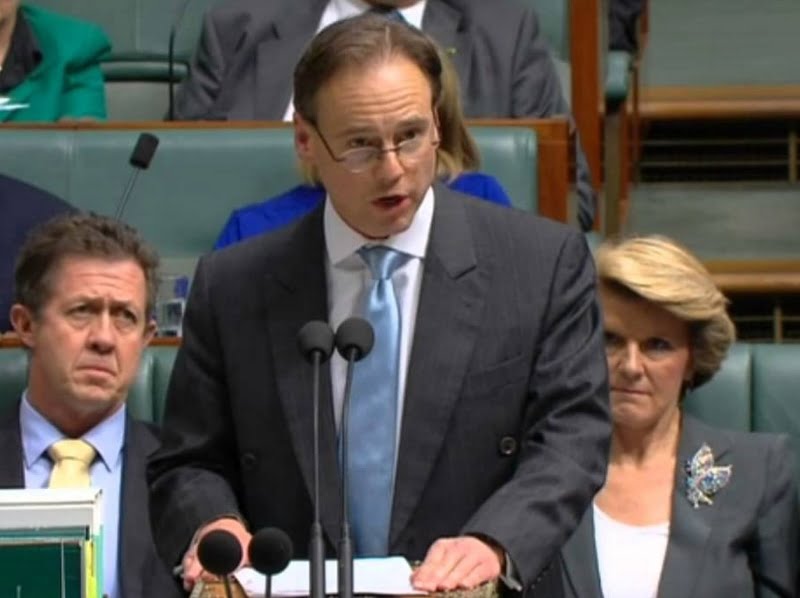Controversial legislation greatly expanding the scope of Medicare data-matching is set to sail through Parliament after Labor offered its full support for the bill.
The Health Legislation Amendment (Data-matching) Bill 2019 facilitates data-matching on health information between government departments and agencies to crack down on fraudulent Medicare claims.
It expands the scope of data that can be matched to include Medical Benefits Scheme, Pharmaceutical Benefits Scheme, Veteran Affairs, Home Affairs, the Australian Health Practitioners Regulation Agency, and the Therapeutic Goods Administration.

The government ran consultations on the legislation, with submissions closing in early October. Several submissions, including from the NSW Council of Civil Liberties and the Australian Medical Association, raised serious concerns with the legislation focusing on privacy and data security, and its broad scope.
Just two weeks later, the Coalition introduced the legislation to Parliament.
The bill was read for a second time in the lower house last week, with Labor revealing that it would fully support it. It is now expected to easily pass through both houses, likely by the end of this week.
Shadow health minister Chris Bowen said the opposition had looked at the legislation “carefully and closely” and decided to support it.
“This legislation will not allow the government or any agency to share information with private health insurers, which is something we were concerned about. It is a one-way flow of information to better equip government agencies on compliance issues,” Mr Bowen said in Parliament.
“Taken together, the bill will help identify and take action against a very small number of health providers that make inappropriate and improper Medicare claims. Whilst such providers are small in number, it is important that we identify and address them. They’re doing no favours to anybody but themselves.”
Mr Bowen did acknowledge that the new data-matching powers carry “some small risk” to the privacy and security of highly personal medical information, and said it is “vital that be managed”.
The new data-matching program and corresponding security and privacy controls will be governed by a legislative instrument to be created by health minister Greg Hunt, with additional oversight from the Office of the Australian Information Commissioner.
“To ensure strong privacy and data protections, the Minister for Health and the chief executive of Medicare are required to put in place governance arrangements for the handling of information for data matching,” Mr Hunt said in Parliament.
“This includes putting in place legislative provisions to ensure that the use, storage, access and handling of data protects privacy. It is a matter of fundamental importance and a deep and abiding commitment of the government.”
Mr Bowen also said that Labor had been “assured” that the new data-matching scheme would not involve any automation, avoiding a repeat of the disastrous robo-debt scheme.
“We were alert to that risk. We wanted to ensure it would be done by human beings so that other mistakes made in other portfolios would not be repeated in this portfolio, and the minister has provided that assurance,” he said.
Vanteum chief executive Alistair Muir, who in an earlier submission to government warned that the Medicare data-matching puts the privacy of all Australians at “serious risk”, criticised both parties for a lack of focus on data security.
“It is clear that a greater level of understanding of more contemporary approaches to secure data collaboration is required by both government and opposition. This is evident by the lack of debate on this issue,” Mr Muir told InnovationAus.
“It is possible to achieve social good while protecting data privacy and security. This really doesn’t need to be a zero-sum game. We have contacted both government and the opposition to offer assistance in how to achieve this but it appears data privacy and security are not priorities for either camp.”
Numerous submittors on the draft legislations raised concerns with the broad scope of the new data-matching scheme and the privacy and data security risks surrounding it.
The NSW Council for Civil Liberties outright rejected the draft legislation, labelling it “too broad” and saying it gives too much discretion to the government. It also criticised the legislation for allowing data-matching for the purpose of “detecting or investigating whether a person may have engaged in inappropriate practice”.
NSW Council for Civil Liberties secretary Therese Cochrane said the organisation is “not impressed” that the legislation will pass Parliament so easily and without any significant debate.
“I don’t quite know why that has to occur. It seems to happen quite regularly that things like this get rushed through, and then they tend to undo it when it happens in the new year. That’s not ideal,” Ms Cochrane told InnovationAus.
The Australian Medical Association previously said it had “major concerns” with the Medicare data-matching scheme, but has said that these were addressed during the consultation. The AMA confirmed to InnovationAus that it no longer has any objections to the legislation as introduced to Parliament.
Do you know more? Contact James Riley via Email.

